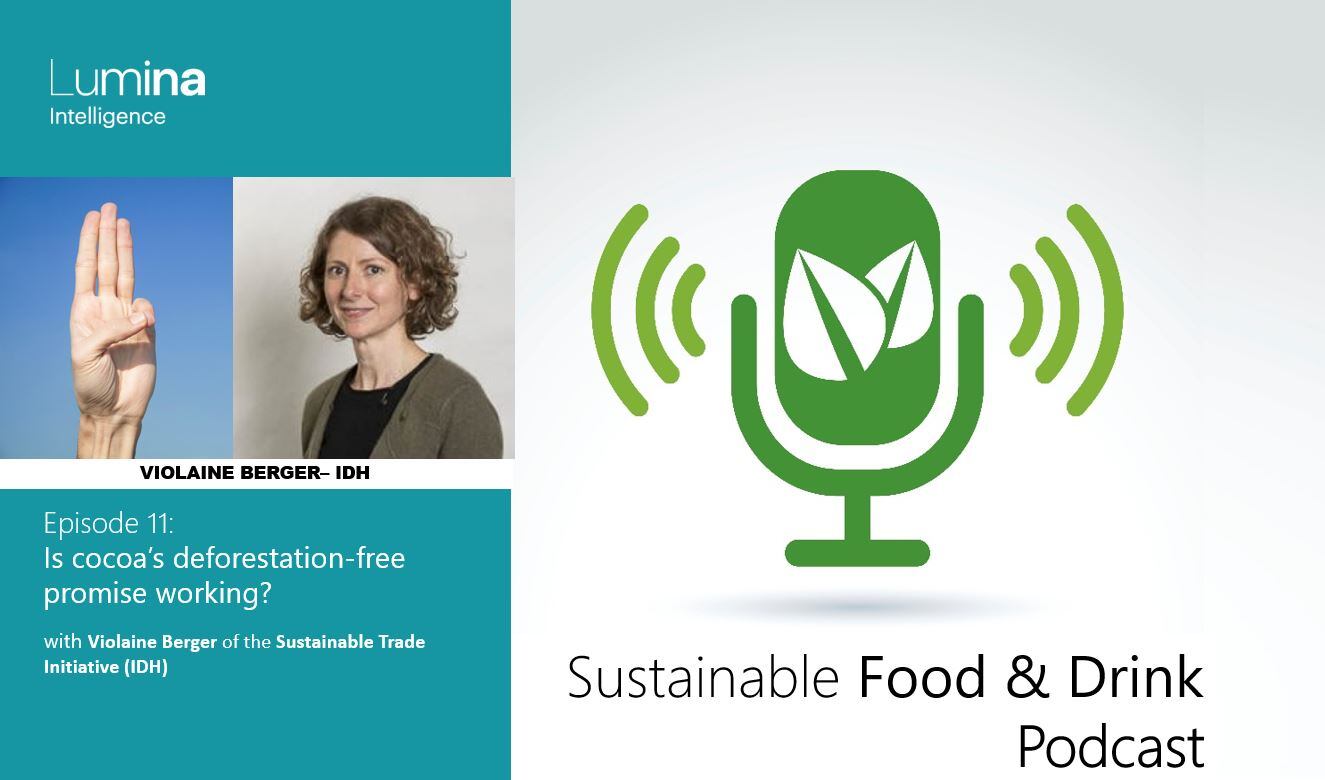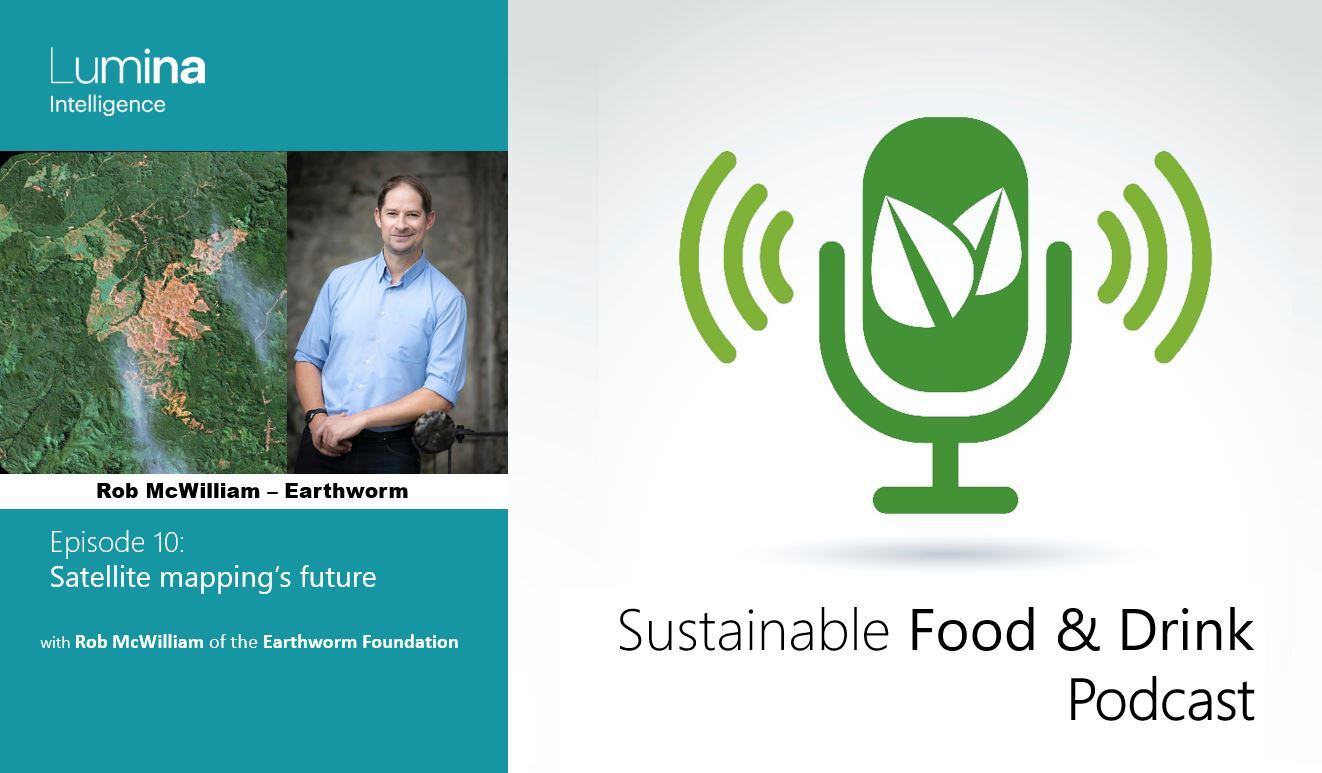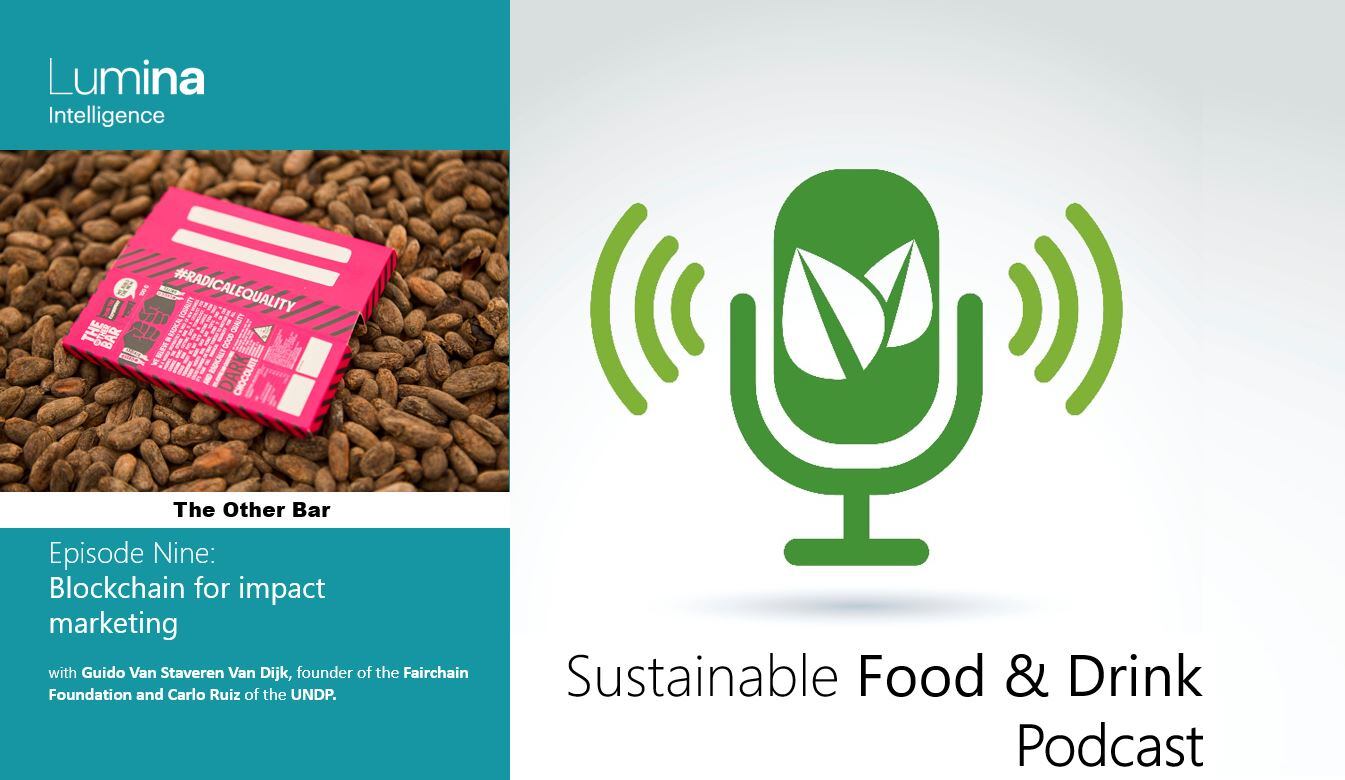Cocoa-growing nations in West Africa are heavily impacted by deforestation, leading to an increasing lack of biodiversity.
In Côte d’Ivoire, for example, which produces around 1.8 million tonnes of cocoa per year, almost 80% of its forest has been lost to deforestation since the start of the 20th century.
The Cocoa & Forests Initiative (CFI) under the Sustainable Trade Initiative (STI) is working hard to halt deforestation in the region and promote biodiversity.
The voluntary platform, developed in 2017, has been signed by 34 chocolate and cocoa companies – including Mars, Mondelēz, and Barry Callebaut – as well as by the governments of Ghana and Côte d’Ivoire.
The CFI has achieved many successes to date, including the signing of National Implementation Plans in Ghana and Côte d’Ivoire and individual action plans by 33 companies.
For these cocoa-producing regions, the plans specify timelines, roles and responsibilities, monitoring and evaluation, and governance in their journey towards zero deforestation.
The companies’ individual plans spell out the specific actions each will take between 2018 and 2022 to deliver on their commitments set out in the Frameworks for Action.
Yet senior program manager Violaine Berger says more resources are required to improve CFI’s effectiveness. “Resources to fund the implementation plans are needed,” Berger told Lumina Intelligence’s Sustainable Food & Drink Podcast host Oliver Nieburg.
These should be sought from the companies and governments involved, but also by the international community, she continued.
“[There is a] need for more resources to put into forest protection, and this is where we believe that…more public money needs to be mobilised by the Côte d’Ivoire and Ghana Governments, and this is where the international community could help.”
Listen to the podcast for the full interview between CFI’s Violaine Berger and Lumina sustainability analyst Oliver Nieburg.




